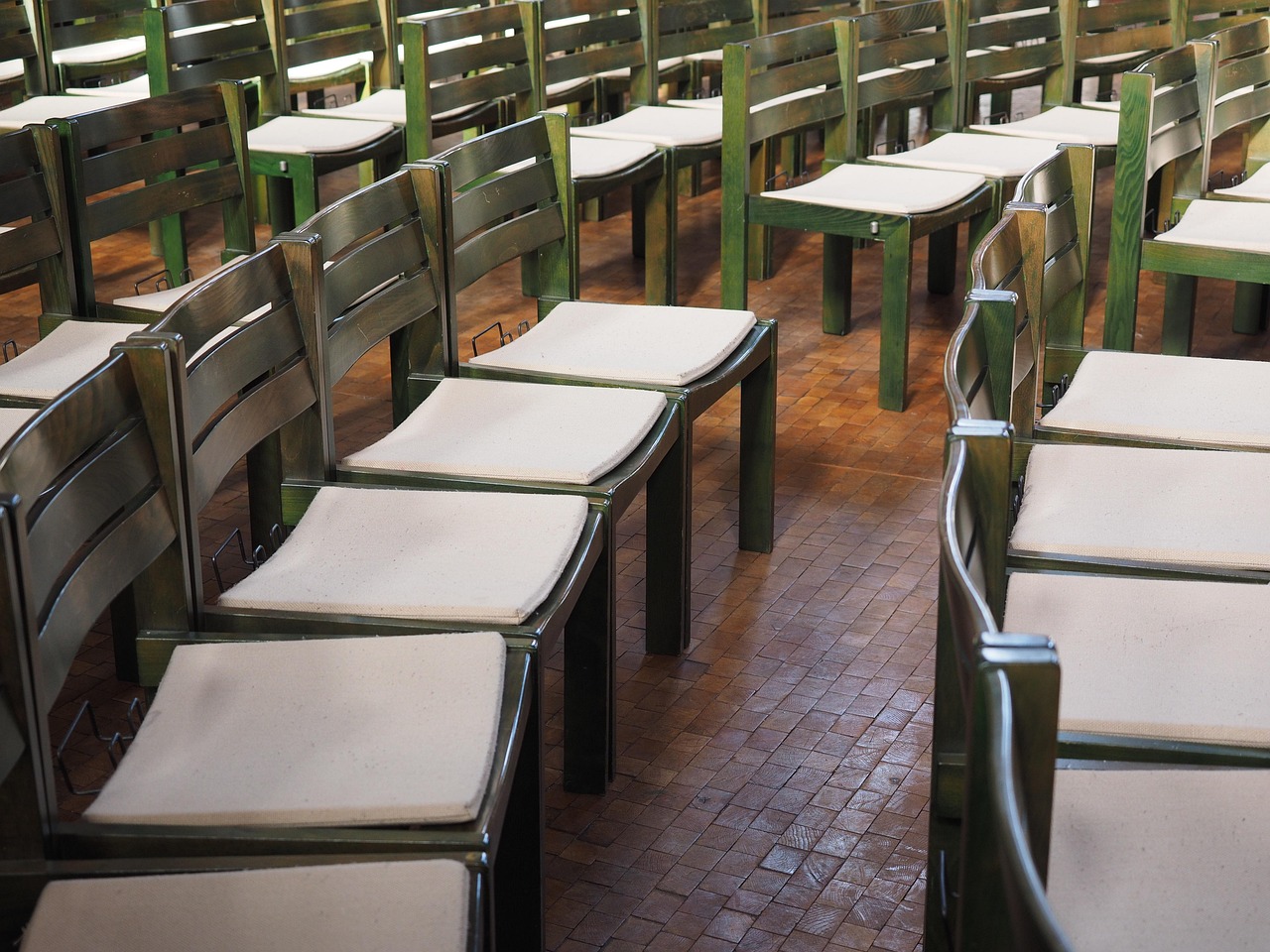Where Grace Meets Grind
The Solemnity of the Most Holy Body and Blood of Christ
Luke 9:11b-17
I used to think the miracle was the bread.
Now I think the real miracle was getting five thousand people to sit down.
There are more theatrical moments in the Gospels. Water turned to wine. Demons hurled into pigs. Lazarus squinting in the sun, wondering what day it was. But this story – the feeding of the five thousand – is the only miracle (other than the Resurrection, that is) that shows up in all four Gospels. And every version includes the same two details:
There wasn’t enough. Everyone was fed anyway.
We know this one too well. It’s easy to skip to the end and land on the usual takeaway: give what little you have, and trust Jesus to make it more. It’s not wrong, but it’s predictable. Worn. It’s the kind of conclusion that shows up on tea towels and retreat T-shirts: Faith: Now With 100% More Leftovers.
But Luke slips in a detail: “Make them sit down in groups of about fifty each.” Before the bread. Before the blessing.
Before anyone eats, somebody has to organize the crowd.
That’s the part that’s been sticking with me this time around. For the disciples, their whole idea of ministry was probably baked in those big, flashy moments – the dramatic healings, the jaw-dropping miracles, the kind of stuff that turns heads and fills seats. That’s part of what attracted them to Jesus and this ministry gig in the first place. But by this point, the disciples were probably just ready for the day to be done. It had been long enough already – people everywhere needing something, Jesus teaching and healing without a hint of wrapping up. No shame in them suggesting the practical move – send them home to eat.
But instead of agreeing, Jesus tosses them a logistical nightmare: get the people to sit down. In groups. Like five thousand tired, hungry people are actually going to cooperate.
That’s not ministry as showtime. That’s ministry as grind. Crowd control with a side of miracle.
Which, frankly, sounds like most of what we do. Our days aren’t filled with thunder and fire and Instagram moments. They’re filled with attendance sheets. Arranging chairs. Liturgy prep. Forms to sign. And making sure there are good snacks.
We do it in classrooms and kitchens and staff meetings and church basements. And it doesn’t feel sacred. It feels like organizing a group of tired people who may or may not want to be there, while you try not to look like you’re making it up as you go.
But in this Gospel, structure isn’t the opposite of grace. It’s what makes space for it. Nobody eats until the people sit down. Nobody is fed until someone takes the time to make the mess just manageable enough that something beautiful can actually happen.
That, I think, is what vocation often is. Not fixing everything. Not feeding everyone. Not being the one with the answers. Just holding things together long enough for grace to get in.
Sometimes I catch myself thinking, “If I could just get past this mess, I could do the real work.” But the mess is the real work. The kid who won’t stop talking. The tech glitch. The parents who forgot. The infinite email thread. The endless list of tiny frustrations that, somehow, form the context where something holy might still happen.
Because this story is not just about Jesus providing. It’s about Jesus involving the disciples in the most mundane part of the day – figuring out how to make a few thousand people sit down.
There’s something almost embarrassing about how low-stakes that sounds. The disciples aren’t miracle workers here. They’re ushers. They’re event staff. They’re the ones who look at the crowd and think, “This is going to take forever,” and do it anyway.
And maybe that’s enough. Maybe that’s the part of the miracle we’ve been given.
Most days, we don’t get to be the one who blesses the bread. Most of us aren’t multiplying loaves or healing people or explaining the mysteries of the kingdom. Most of us are just trying to keep people loosely gathered in the same general vicinity without total collapse.
That’s not lesser work. That’s part of the miracle.
So if your work these days feels small – if you’re stuck in the part that’s all organizing and not much wonder – maybe this Gospel is for you.
Because someone had to make the people sit down.
By Darcie Lich


